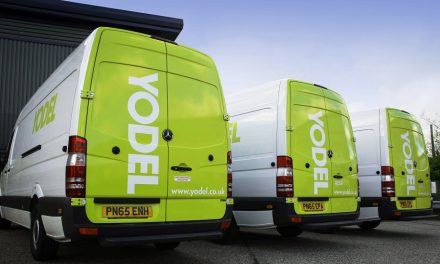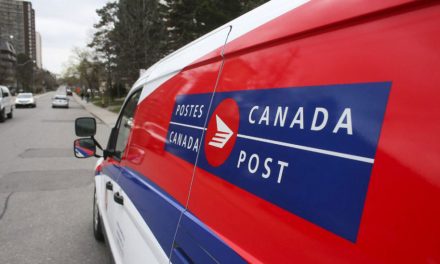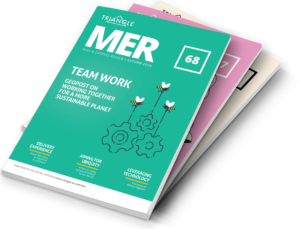
FTA: “Customs Union not enough to deliver frictionless trade”

As the House of Commons prepares to vote on a motion on customs & borders today (26 April), the UK’s Freight Transport Association (FTA) has issued a statement “reminding MPs that forming a customs union with the EU would not remove the need for checks at the borders or deliver frictionless arrangements on its own”.
In a statement sent to Post&Parcel, the FTA maintained that the consequences of leaving the single market should also be considered and “solutions found to minimise regulatory barriers, remove the need for conformity or food safety checks at the borders, and to protect transport connectivity after Brexit”.
James Hookham, FTA’s Deputy Chief Executive, warned: “Leaving the EU Customs Union and single market has big consequences for supply chains and the continuity of the UK’s European trade.
“If the Government remains fixed on this course, then it must prioritise sorting out the potential ‘showstoppers’ that will kick in on Day One of Brexit.
“Leaving the Customs Union is only one part of the story, and a customs union on its own would not remove the need for checks at the borders or provide frictionless trade for businesses. Ending of all the single market arrangements could cause even bigger delays, disruptions to integrated supply chains and barriers to trade. Leaving the single market would mean new checks on food safety or product conformity needing to be made at the EU border, unless less intrusive arrangements can be negotiated and implemented in time.”
Hookham added that the political agreement to a transition period has been welcomed by the industry, but maintained that “urgent action is needed so that trade can continue to flow seamlessly between the UK and the EU as of 2021”.
Hookham continued: “FTA has identified eight urgent points where clarification and action are needed, either by the UK Government alone, or by negotiators on both sides. These points range from full certainty regarding the transition and implementation period, to greater clarity on detailed customs & VAT-related procedures, measures to remove the need for regulatory checks at the borders and arrangements to protect the ro-ro model and allow trucks to cross the borders after Brexit. These eight priorities cover the bare minimum of what logistics and supply chain managers need to keep Britain trading.”













